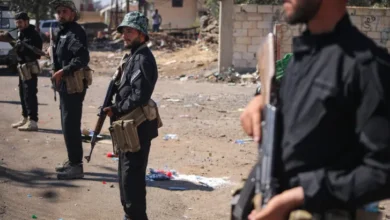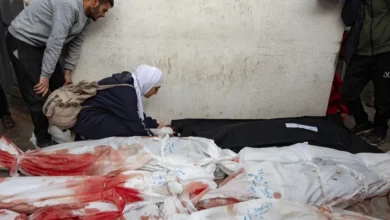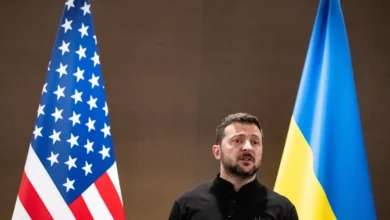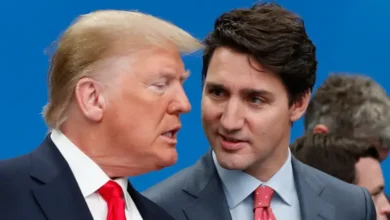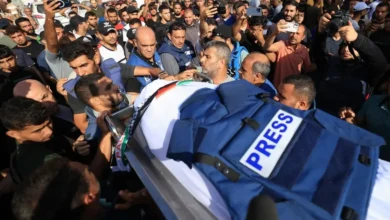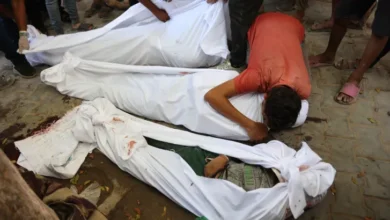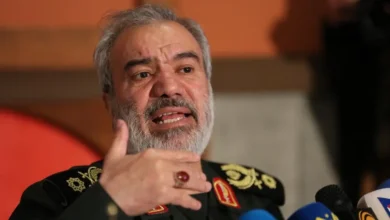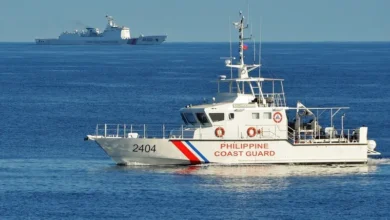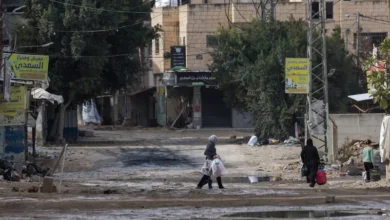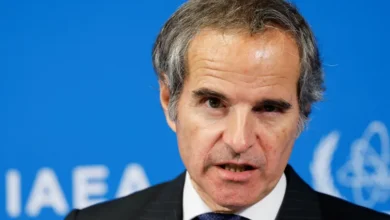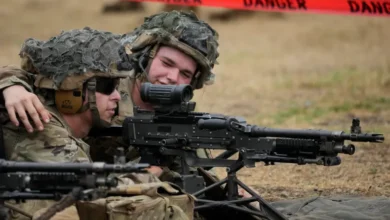UK’s Boris Johnson says Putin threatened him with missile attack
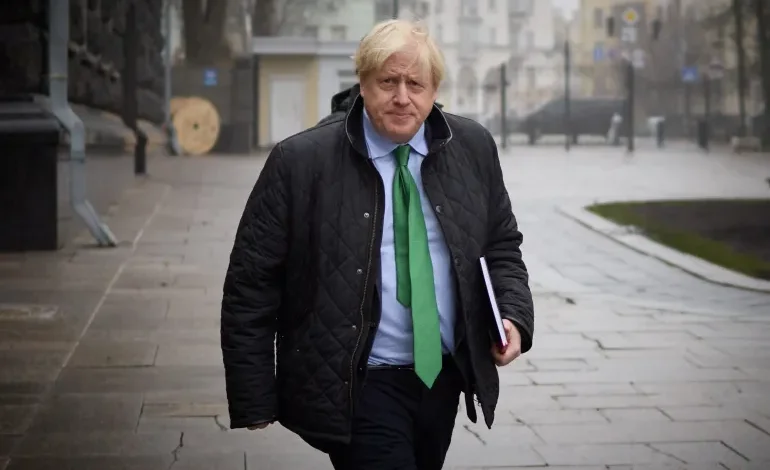
Former British Prime Minister Boris Johnson has said Russian President Vladimir Putin threatened him with a missile attack during a phone call in the run-up to the invasion of Ukraine, in an allegation the Kremlin has refused.
Johnson, speaking to the BBC for a documentary to be broadcast later on Monday, said the Russian leader had asked him about the prospects of Ukraine joining NATO, to which he had responded it would not be “for the foreseeable future”.
“He threatened me at one point, and he said, ‘Boris, I don’t want to hurt you but, with a missile, it would only take a minute,’ or something like that,” Johnson said, recalling the “very long” and “most extraordinary” call in February 2022 which followed a visit by the then-prime minister to Kyiv.
“But I think from the very relaxed tone that he was taking, the sort of air of detachment that he seemed to have, he was just playing along with my attempts to get him to negotiate.”
Russia denies Johnson’s account.
Kremlin spokesman Dmitry Peskov said there were “no threats” of missiles in the exchange.
“It is either a deliberate lie – so you have to ask Mr. Johnson why he chose to put it that way – or it was an unconscious lie and he did not in fact understand what Putin was talking to him about,” he told reporters.
Peskov argued that Putin had in fact explained to Johnson how, if Ukraine joined NATO, US or NATO weapons placed near Russia’s borders would mean a missile could reach Moscow in a matter of minutes.
“If that’s how this passage was understood, then it’s a very awkward situation,” Peskov said, as he suggested that there may have been a misunderstanding.
A staunch supporter of Ukraine
As the war dragged on after February 24 last year, Johnson emerged as one of the most impassioned Western backers of Ukrainian President Volodymyr Zelenskyy.
But prior to the invasion, he says he was at pains to tell Putin that there was no imminent prospect of Ukraine joining NATO while warning him that any invasion would mean “more NATO, not less NATO” on Russia’s borders.
“He said, ‘Boris, you say that Ukraine is not going to join NATO any time soon.
“‘What is any time soon?’ And I said: ‘Well it’s not going to join NATO for the foreseeable future. You know that perfectly well.’”
The BBC documentary charts the growing divide between the Russian leader and the West in the years before the invasion of Ukraine.
It also features Zelenskyy reflecting on his thwarted ambitions to join NATO prior to Russia’s attack.
“If you know that tomorrow Russia will occupy Ukraine, why don’t you give me something today I can stop it with?” the Ukrainian leader says. “Or if you can’t give it to me, then stop it yourself.”
In the years before the war began, relations between Moscow and London had sunk to their lowest level in decades, on the back of the poisoning of former Russian spy Sergei Skripal in the British city of Salisbury in 2018.
Johnson, who stepped down in September in the wake of a series of scandals, sought to position London as Kyiv’s top ally in the West.
While in office, he visited Kyiv several times, called Zelenskyy frequently, and was beloved by Ukrainians.
Last week, he made another surprise visit to show his continued solidarity.
“The sooner Putin fails, the better for Ukraine and for the whole world,” he said in a statement.
